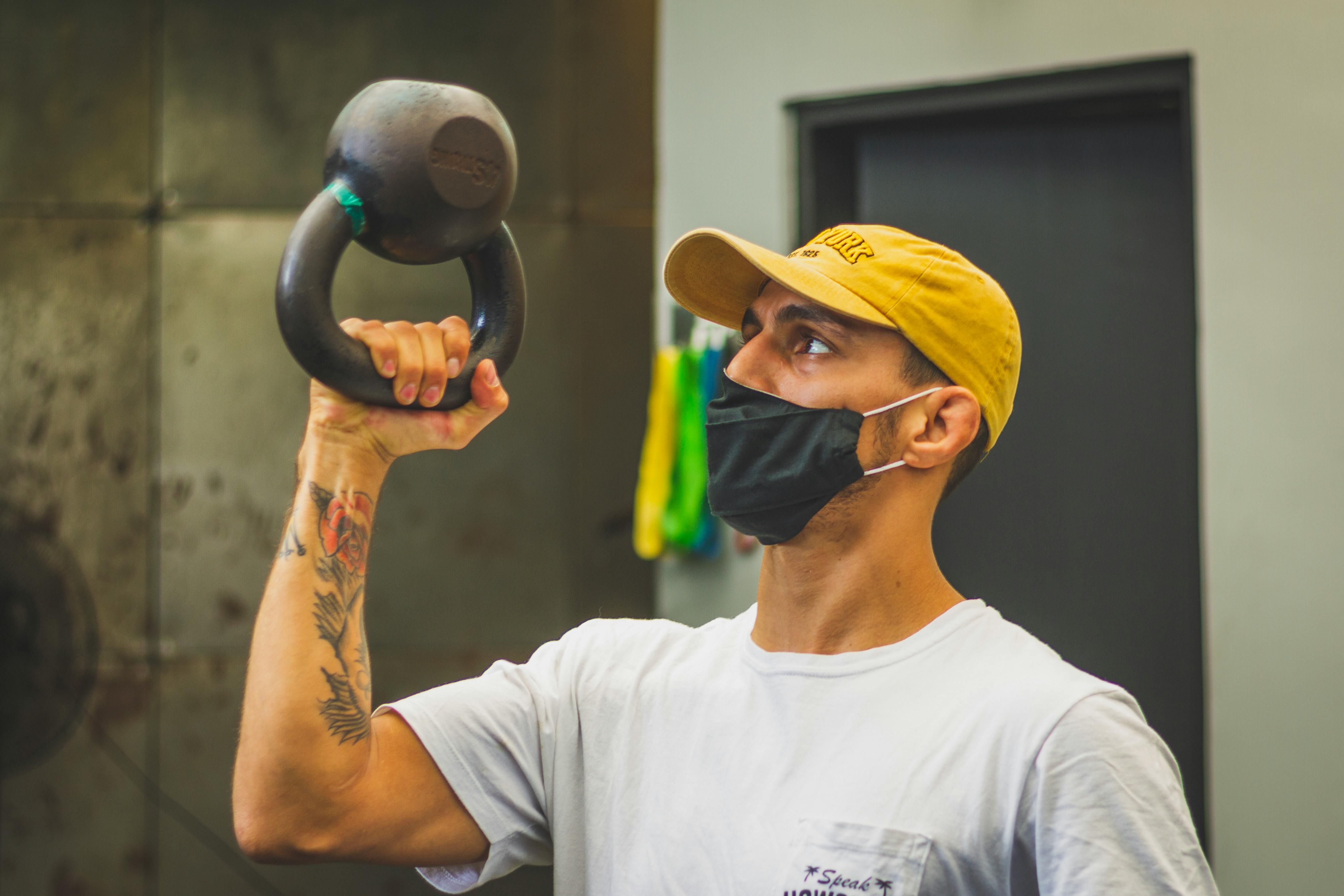Top 5 Strategies for Building Muscle While Enjoying Alcohol in 2025
Building muscle while enjoying alcohol can be a balancing act, but with the right knowledge and strategies, it’s achievable. In today’s world, the integration of fitness and social leisure, including alcohol, is more common than ever. This article explores effective methods for maintaining muscle mass and promoting recovery, all while enjoying the occasional drink.
Understanding how alcohol affects muscle growth, recovery, and overall fitness is crucial. The right approach to alcohol consumption can influence your workout performance and the quality of muscle recovery. We will discuss practical tips, effective training regimens, and dietary considerations that align with your fitness goals, even in the presence of alcohol.
Let’s dive into the best strategies for balancing muscle building with alcohol enjoyment. Here’s what you can expect:
- Smart drinking strategies that minimize negative impact.
- Nutrition tips for optimizing muscle growth.
- Effective training methods that align with alcohol consumption.
- Recovery techniques to enhance muscle regeneration.
- Common myths debunked to help you make informed decisions.

Smart Drinking Strategies for Muscle Growth
Selecting Low-Calorie Alcoholic Beverages
When trying to build muscle while still enjoying alcohol, choosing the right drinks is essential. Opt for low-calorie options such as light beers, spirits mixed with soda, or dry wines. These beverages help you enjoy social gatherings without exceeding your daily caloric intake for muscle growth.
Light beer typically has fewer calories and carbohydrates compared to regular beer, which can help keep body fat levels in check while allowing muscle mass development. Wines, particularly dry varieties, are also lower in calories than sweet dessert wines, making them a more favorable choice.
Understanding Alcohol Content and Moderation
Another crucial aspect is being aware of the alcohol content in beverages. Higher alcohol percentages can lead to increased caloric intake and potential dehydration, both of which negatively affect muscle recovery. Aim for moderation—limit yourself to drinks with lower alcohol percentages and consider pacing yourself to maintain hydration levels.
Pairing Alcohol with Protein-Rich Foods
Combining alcohol consumption with protein-rich foods can help mitigate its effects. Proteins are vital for muscle repair and growth, and consuming them alongside alcohol can potentially slow down alcohol absorption, minimizing its harmful effects on muscle building. Consider having snacks like nuts, Greek yogurt, or cheese with your drinks.

Nutrition Tips for Optimizing Muscle Recovery
Post-Workout Nutrition Essentials
After a workout, refueling your body with the right nutrients is vital for muscle recovery, especially if you’ve consumed alcohol. Prioritizing protein intake post-workout ensures that muscle protein synthesis occurs efficiently. Aim for a blend of proteins and carbohydrates to replenish glycogen stores while promoting muscle repair.
Importance of Hydration and Electrolyte Balance
Alcohol can lead to dehydration, which is detrimental to muscle recovery. Maintain hydration by drinking water before, during, and after consuming alcohol. Also, consider incorporating electrolyte-rich drinks to replenish lost minerals, enhancing recovery and performance during your next workout.
Timing Your Nutrient Intake
Strategically timing your nutrient intake is essential, particularly on days when alcohol is consumed. Consume a balanced meal rich in protein and carbohydrates about 1-2 hours before drinking. Post-drink, prioritize a nutrient-dense meal to optimize recovery and muscle hypertrophy.
Effective Training Methods Considering Alcohol Consumption
Adjusting Training Intensity
When planning workouts after a night of drinking, adjust the intensity. Alcohol can impact performance, so it may be beneficial to focus on lighter sessions or active recovery days. Engaging in low-impact exercises such as yoga, swimming, or gentle cardio can help maintain momentum without overexerting yourself.
Incorporating Resistance Training
Despite alcohol consumption, resistance training should remain a priority in your fitness routine. Focus on compound movements that engage multiple muscle groups, maximizing efficiency and muscle engagement. Aim for 2-3 days of strength training per week, varying your workouts to encourage muscle growth while allowing for recovery.
Utilizing Active Rest Days
Active rest days can also be beneficial. Consider incorporating activities that promote movement without stressing your body, such as walking, stretching, or light cycling. This not only aids muscle recovery but also helps balance your calorie expenditure on days involving alcohol.
Recovery Techniques for Enhanced Muscle Regeneration
Implementing Rest and Sleep Strategies
Quality sleep is essential for recovery, especially when alcohol is part of your routine. Alcohol can disrupt sleep patterns; therefore, ensure you get sufficient, quality rest after consuming alcohol. Prioritize sleep hygiene by creating a comfortable sleeping environment and establishing a consistent routine.
Exploring Supplements for Recovery
Some supplements may help in muscle recovery post-alcohol consumption. Branched-chain amino acids (BCAAs), creatine, and protein powders can support muscle repair and growth. Always consult with a healthcare professional or a fitness coach when considering supplementation.
Listening to Your Body
Finally, always listen to your body. If you feel fatigued or not up for a workout due to alcohol consumption, it’s okay to take a break. Modifying your fitness routine based on your energy levels respects your body’s needs and aids in long-term muscle growth.
Common Myths About Alcohol and Muscle Building
Debunking the “Alcohol Kills Gains” Myth
One prevalent myth is that consuming alcohol will completely halt muscle gains. While excessive consumption can certainly hinder progress, moderate drinking, particularly with the right strategies, can coexist with a healthy muscle-building program.
Clarifying the Role of Alcohol in Recovery
Another misconception is that alcohol accelerates recovery. While it does provide temporary pleasure, the physiological impact often hampers effective recovery. Understanding the nuances of alcohol’s effects can help you navigate your fitness journey wisely.
Understanding Nutritional Balancing
Lastly, there’s a claim that one cannot build muscle while consuming alcohol regularly. The truth is, it’s about balance. By managing your alcohol intake responsibly, maintaining a nutrient-dense diet, and following a strategic workout regimen, you can achieve your fitness goals.
Conclusion: Finding Balance in Fitness and Leisure
Balancing muscle building with alcohol consumption in 2025 is not just possible; it’s attainable with smart strategies and informed choices. By selecting low-calorie alcoholic beverages, incorporating protein-rich foods, adjusting workout intensity, and prioritizing recovery, you can enjoy your social life without compromising your muscle-building efforts.
Remember, moderation and informed choices are key to a healthy lifestyle that includes alcohol. For more information on balancing fitness with a lifestyle that includes alcohol, check out the following resources: Sport Nutrition Strategies and Understanding Alcohol and Health.
